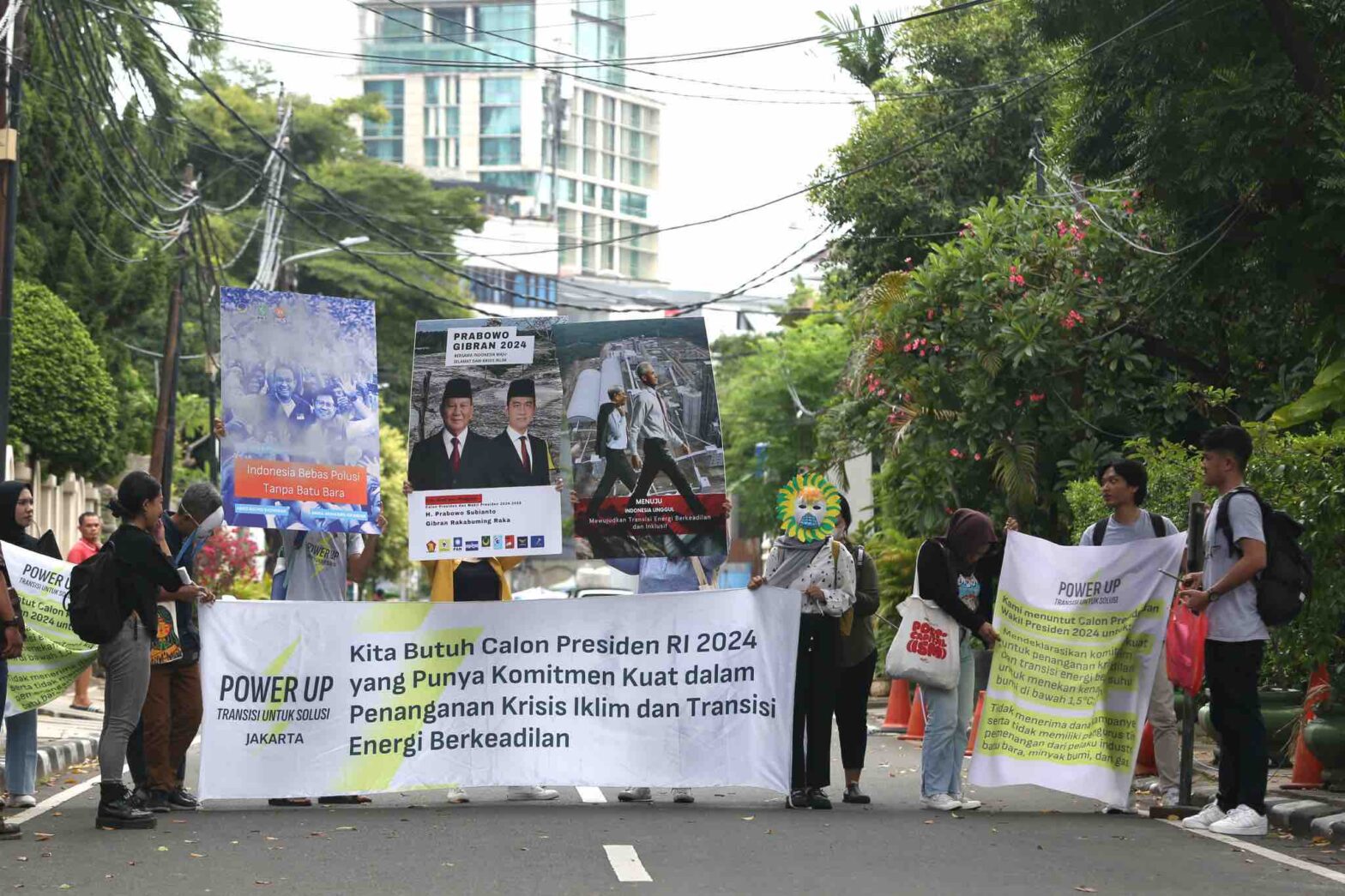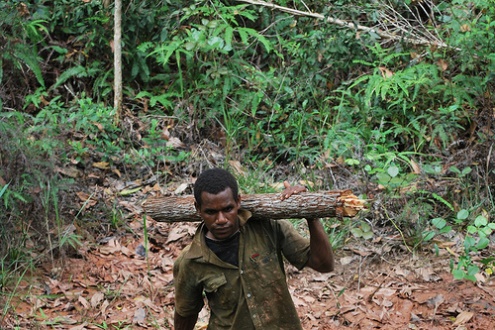Jakarta, Ekuatorial — To ensure land acquisitions for infrastructure development run smoothly, government is currently setting up an agency tasked to deal with indigenous people although no specific deadline has been set, said a special staff, in Jakarta, on Tuesday (10/3).
The task force was initiated by Indigenous People’s Alliance of the Archipelago (AMAN) to support its effort to push state’s recognition and protection towards indigenous people in Indonesia. The initiative is pushed forward by the Alliance after the government had failed to secure Indigenous People Protection Bill to be discussed as priority for this year at the parliament.
Despite of being mandated by the 1945 Constitution to protect and acknowledge indigenous people, the state has yet to issue any legal instruments that guarantee indigenous people’s existence in the country.
Currently, the task force draft is already being discussed at Cabinet Secretary office. “We will ‘make our move’ [to discuss the draft of] the task force by March or April as budget [allocations] will be discussed during these months,” said Jaleswari Pramodhawardhani, a special staff dealing with ‘people who is disappointed by the government’ at the cabinet secretary office.
Pramodhawardhani did not elaborate on specific announcement date for the task force but she underlined the importance of the agency to be immediately set up.
“One of the president’s priorities is infrastructure which consequently means massive land acquisitions from Aceh to Papua [provinces],” she said. “To ensure that this development program does not collide with indigenous people especially with their customary forests, we need to have appropriate strategy.”
By establishing the task force on indigenous people, she added, it would serve as communication channel between government and indigenous people and anticipate possible conflicts resulting from development programs.
Meanwhile, Abdon Nababan, secretary general of AMAN, said that indigenous people can contribute to achieve Indonesia’s goals. “Saving indigenous people means that climate crisis, greenhouse gas emission crisis, even food crisis can be solved. If indigenous people feel that they’re safe and protected, they can help built the economy of this country,” said Nababan citing credit union and green gold mining as examples of their economic initiatives.
Unfortunately, he said, the government has long ignored and denied indigenous people’s rights to be part of the country.
“Most of them stick with their ancestor’s beliefs [as a result] they could not get KTP [official identification card], they could not get legal marriage certificate leading to their children are not allowed to go to schools [because they have no legal birth certificates],” he said. “We are seeing discrimination, criminalization, and no public service access for indigenous people. They have never been regarded as Indonesians.”
In addition, Nababan said that indigenous people was also considered as absent by the government which made ways for ‘illegal’ permits to occupy their customary forests. “Nearly 75 percent out of 70 million hectares of customary forests have been given permits which were not through proper procedure. Indigenous people are not considered as ‘exist’ when those permits were issued because there’s no official registration for their customary forests from the government,” he said adding only 40 million hectares of customary forest left in the country. Fidelis E. Satriastanti



